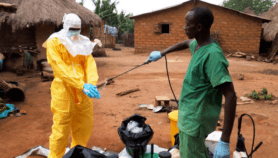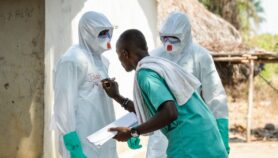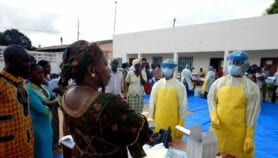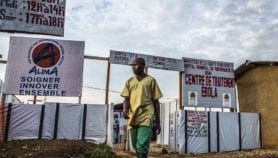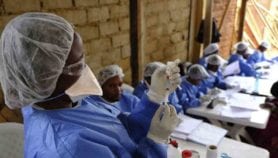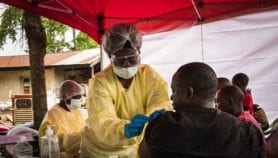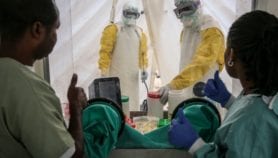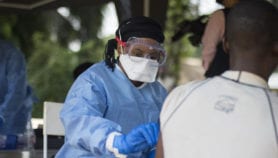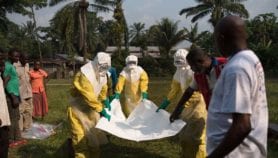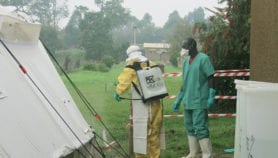By: Lou Del Bello
Send to a friend
The details you provide on this page will not be used to send unsolicited email, and will not be sold to a 3rd party. See privacy policy.
When, in spring 2014, it became clear that the Ebola outbreak was spreading uncontrollably in West Africa, doctors and NGOs from all over the world rushed to help.
However, the task proved to be harder than anticipated — not only because of the lack of a vaccine or effective treatments, but also because the response ‘machine’ proved difficult to manage.
This audio slideshow features an epidemiologist and an anthropologist from different institutions in the United Kingdom who worked in the field and witnessed a fragmented crisis response.
Freya Jephcott and Annie Wilkinson looked at two different aspects of the crisis — the epidemiological and social — but reached similar conclusions about the need to improve communication and coordination. Among the lessons to take from the epidemic, they include the need to recognise and support the domestic healthcare capacity that will have to keep local people safe once the foreign agencies have left.
This article is part of our Spotlight, Managing health crises after Ebola.



